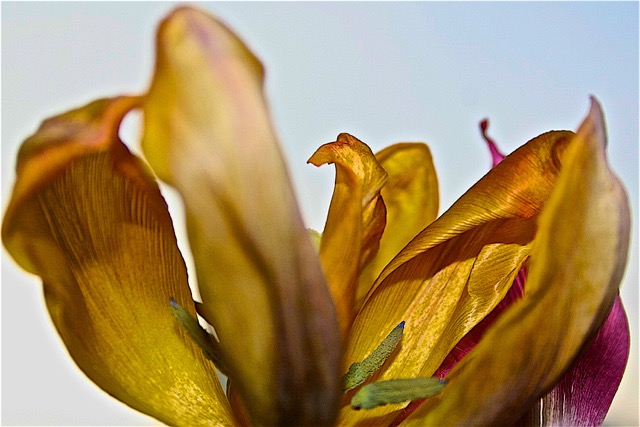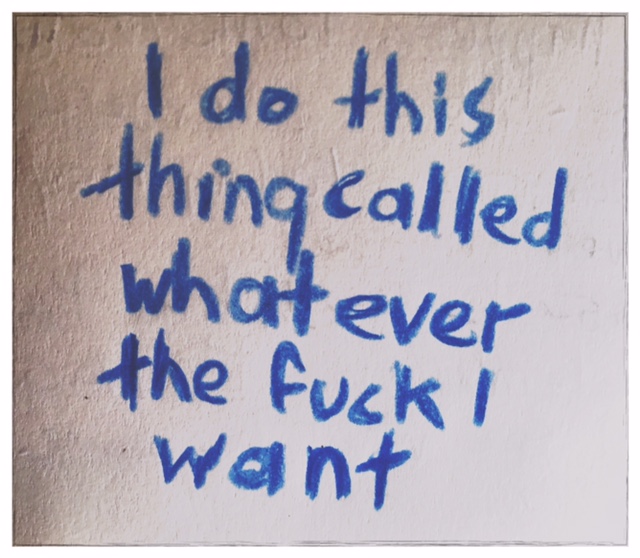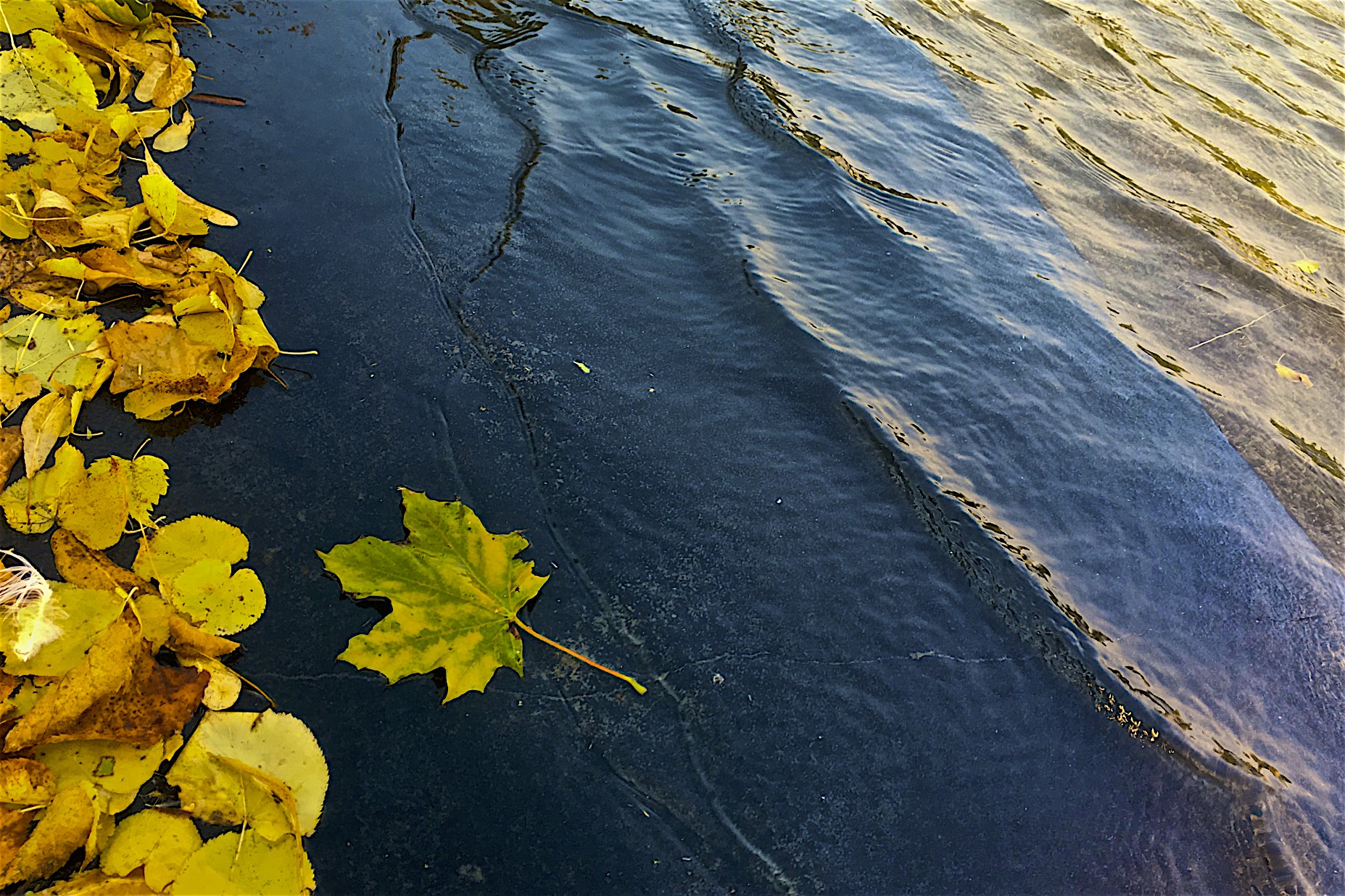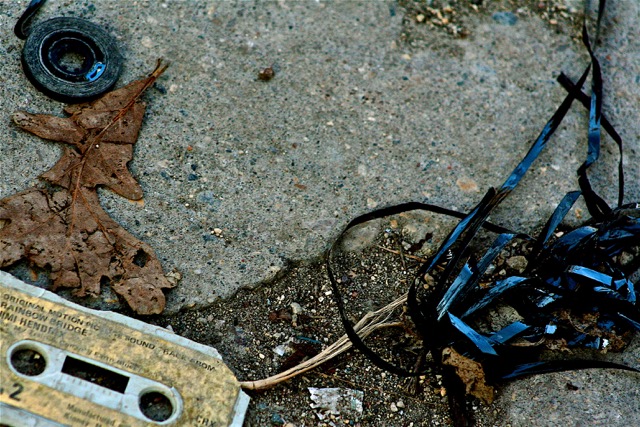
It can’t always be beautiful.
I have been reminded of this over the past couple of weeks as I make my way through a hard edit on a manuscript I’d like to think is near completion.
Comments in my editor’s overview, notes along the margin, and highlights throughout the pages are references to the word beautiful. Further remarks ask for further clarification, synonyms, or other ways of explaining what kind of beauty it was, or is.
Now I know I have a handful of go-to words I am continually trying to restrict in copy; words like just, as in it just fits or they are just words. I also use like a lot, like as in as if. Now is pretty common too, and I know it, when I speak of the now and when, or right now. . . or write now.
But never had I considered the word beautiful as one of my sticking points.
I enjoy beauty. I like what it represents, and how it feels. I like to believe everyone has an inner beauty, and as I’ve tried to find other words that can encompass so much, realize there are few that even come close.
It is a beautiful word. Unfortunately, it is a word I overuse.
In the never-ending edit, at certain points, I can come up with a phrase or description to paint the picture of what it means or why it was used but, when it comes down to it, there are few words you can replace it with.
Beautiful.
On my desk is Roget’s Super Thesaurus 4th edition (super being a word nowhere near as strong as beautiful) and it lists a dozen options, but the words won’t fit where I want them to go.
My Oxford dictionary describes the word as “a combination of qualities such as shape, colour, etc., that pleases the aesthetic senses, esp. the sight” and “a combination of qualities that pleases the intellectual or moral sense”.
It is a pretty lofty definition that demonstrates how so much worth can be squeezed into a single word. When one word can say it all I defer to Stunk and White’s most useful rule of writing (omit needless words), and in doing so I have come to accept beautiful as one of the most powerful words.
Beauty is a thing of wonder. I often look for, or see, beauty as a means of, perhaps, steering my attention from the sadness of a day, or an unsolvable resolution.
I have lived beauty, loved beauty, and have searched for, found, and photographed objects, scenes, and people with both an obvious or uncertain beauty. I look out for beautiful words; words I use whether writing a poem or a story. I hope what I write will read beautifully, flaws and all.
Beauty is subjective, at times hard to describe, because it is not always physical or tangible. You can see it, but also feel it, or taste and smell and dream it. It is as tactile as it is invisible.
That one word, or any derivative, can describe so much: a sunrise, scent, memories, the strains of a cello, my daughter’s voice or smile. It can also sum up the lyrics of a balled, that one particular movement of an utterly complex symphony, a painting, necktie, or a guitar lick by Ry Cooder or Jimi Hendrix
Beautiful can hardly even describe the words of Pablo Neruda’s soul-shaking, heart-stopping scripture of wisdom and honesty, and I am only reading translations. I cannot fathom the true splendor of the man’s poetry spoken in his native tongue, or how much more beautiful it would feel if I could read and understand Spanish
But that is beauty that I know, and I have known more, and others may see it differently. We have all witnessed, touched, dreamt, or admired beauty and each of us may describe it differently. Nonetheless, it is what it is
Perhaps that is why I’m having some difficulty rephrasing parts of the manuscript as I have to envision scenes that are not entirely my own. While I can alter my narrative, adjust the settings and circumstance on the page, I also have to rethink dialogue that fits each of the characters I have created. We all speak and think differently, as does each of the characters in the story.
In a passage where a character stands face-to-face with the object of his desire, what else would a middle-aged man say when presented with a naked body than: “You are beautiful.”
It’s not a particularly complex scene, and this man is not a particularly complicated character. I mean, he is a nice man, a humble man (a paramedic by vocation), perhaps even an ordinary man. He, in this instance, would impulsively use the first words that would pop into his mind.
He is a regular guy, certainly not a poet or a scholar, so he wouldn’t dig into his Shakespearean vernacular and come up with “Thou, in the flesh, lessens the starriest of skies, illuminating a wonder and glory of which I could never imagine.” Come to think of it, I, as a poet, in a moment like this, could only utter something as simple, and as meaningful, as “You are beautiful”, and not because it is one of my standard go-to words.
How else would a young woman emerging from her awkward teenage years, and one who lacks confidence yet wishes to be admired, explain to an artist her wish to be captured on canvas other than “I want to be as beautiful as your painting.”
I’ve tried to come up with natural, and fitting, dialogue for these same scenes over and over, and after deleting, and altering, and questioning, have put the words right back where they were.
Beautiful works when nothing else can.
Now I will continue to work on the manuscript, and I will search out and apply alternative phrases, words and descriptions, and I will not stop until I get it right.
But, in doing so, I will continue to see the beauty of the story as it unfolds.




